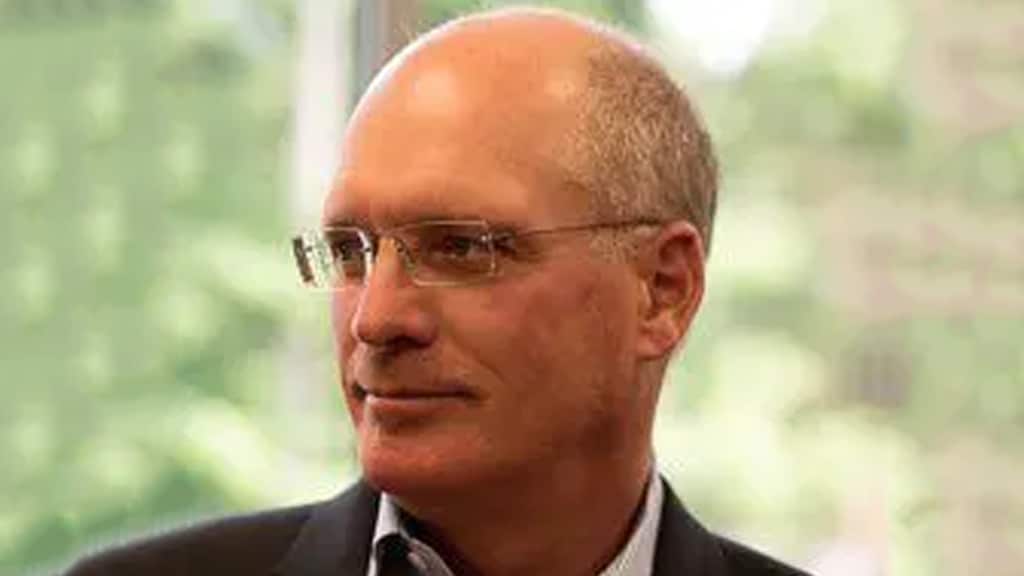On April 12, 2023, Gain Therapeutics announced Evan Ballantyne as the company’s new Chief Financial Officer.
Ballantyne has been around the block. His humble demeanor provides no indication of the wealth of experience and knowledge he offers. This only comes through once we start chatting about why he is excited to be joining Gain – and that excitement is evident. The CFO’s calm confidence is balanced out by a refreshing sense of eagerness, which is a perfect fit for a biotech company on the cusp of clinical trial breakthroughs.
Born in Montreal with an upbringing in Scarsdale, NY, Ballantyne now lives in Hopkinton, Massachusetts, a “small town” just outside of Boston. The town of about 14,000 was most recently the host of the 2023 Boston Marathon, during which the population ballooned up to 100,000 with all runners and staff included. This idea of something seemingly small suddenly exploding into a gargantuan event is almost a metaphor for Ballantyne’s arrival as the new CFO for Gain. What appears on the surface to be an overnight development is really the result of 20+ years of hard work and hands-on experience in biotech and medical technology.
As he steps into this new role, Ballantyne took the time to share a bit about where he has been, the value he will bring to Gain, and where he sees things moving in the near future.
Congratulations on becoming Gain’s newest CFO! This must be very exciting. Can you tell us what brought you here?
My last company was OncXerna Therapeutics, an oncology function company. Things were great while I was there but they were being sold and the acquiring company didn’t need another CFO. So I started putting feelers out there and all of a sudden, I got a call from the board of directors at Gain telling me they were looking for a new CFO. It was just serendipitous, to be honest.
You have a background in pharma and Wall Street, correct? Can you speak to your experiences with working across different parts of the healthcare ecosystem?
Yes, I’ve been in biotech and medical technology for the last 25 years. I actually started my career in big corporations. I was working for B2B information companies; I was with AC Nielsen (now Nielsen Holdings) and IMS, now IQVIA. Things were okay there, but I found that it was all really impacted by the cyclicality of the economy. If the economy was down at the time, they’d cut spending on market research. And at that time, AC Nielsen was one of the biggest market research companies in the world. But the same was true at IMS. So every time the economy went south, our revenues would drop.
I made the pivot to biotech and healthcare about 25 years ago with the unfortunate but true assumption that people will always get sick… that means they’ll always need drugs. At the time, I thought it was going to be a lot less cyclical.
As it turns out, there is a certain amount of cyclicality in biotech, particularly in the current environment. That said, it happens to be a very interesting environment. You’re on the cutting edge of medical technology, and I find that really fascinating.
I assume that knowing that you’re doing something meaningful also has to be quite gratifying, despite the challenges of working in the biotech space.
It is incredibly gratifying. Every day you’re working to help patients. One of the frustrations a lot of people in biotech experience is that they can’t get their drugs or their technology to market as quickly as they would like. Their frustrations are valid. It’s a long road. There are a lot of clinical trials that require a lot of capital. It’s an awful lot of work and it is unfortunate that we can’t get drugs to market sooner. In a lot of cases, you have game-changing technologies and drugs that patients would benefit from immediately.
Does it all really come down to funding?
Well, you bring up an interesting point. There are three tenets that every biotech company needs.
- You need a really good management team. I will say, I’m very lucky in that the companies I’ve worked for have all come with excellent peers and managers.
- Secondly, you need really impressive technology, something that is very unique.
- And the third tenet, of course, is as you indicated, is capital. You need access to capital.
But if any one of those three legs on the stool are missing, you’re going to have some trouble.
You have been instrumental in creating value at all the companies you’ve been with. Most recently you helped raise millions to progress the programs at OncXerna Therapeutics. Prior to that, you brokered global partnerships at Orchestra Biomed and facilitated M&As with the likes of AbbVie. What would you say has been your biggest career success thus far?
I’d say it was when I worked for a company called Clinical Data. This was a publicly traded company, Nasdaq CLDA; we developed a single-molecule SSRI antidepressant (Vilazadone). We completed our talk studies, two very large phase three clinical trials. And I remember on the Friday, the day we were supposed to hear from the FDA about the approval or denial of our drug, we waited all day and we heard nothing.
That Friday night around 6:30 pm, I got a phone call from one of our investors saying congratulations on getting approved. I was confused; the FDA hadn’t contacted us yet. The investor then informed me that the FDA had already posted about it on their website. About a half hour later, we got a call from the FDA saying our drug had been approved. We were all so incredibly proud. But it was following that approval that we hired JP Morgan to handle the sale of that company. We ended up selling to Forest Labs (which became AbbVie) for $1.2 billion cash and another $400 million in stock or CVRs.
So where do you go from there? And how has that influenced the way you view your new opportunity at Gain?
Well from there I moved onto Nestle Health Science, which took stock in Accera, which rebranded itself as Cerecin. It was focused on Alzheimer’s disease. I saw the phase two data and it was extremely good.
Alzheimer’s is a very difficult disease to conquer but Nestle had great data. When I was asked to step in as CFO by the CEO (Charles Stacey), I said, “Let’s do it!” I hired JP Morgan to take us public but in that case, it didn’t work out. Unfortunately, we had a phase three clinical trial failure. So rather than going public, we ended up having to let go of most of the staff.
But Charles Stacey and I didn’t give up. We raised another $60 million to re-support the company and focused on Cerecin. They now focus on brain health and Nestle is one of their largest shareholders. So even though that phase three trial failed, I’m going to say that ultimately that was a success because of the work we did to resurrect the company and get it back onto solid footing. At the end of the day, that really paid off.
Without sharing all the details, can you give us a bird’s-eye view of some of your plans as the incoming CFO? Are there any milestones or inflection points that we can look out for in the near future?
The company [Gain] is preclinical and planning standard phase 1 trials later in the year, followed shortly thereafter by a phase 1B. Those are going to be very telling trials. Phase 1 involves people who are healthy volunteers. Phase 1B is going to be actual patients. Phase 2 will be a dose escalating trial. I’m excited about all of that. But between now and then, we will continue to do a lot of preclinical work and really bolster the support behind our preclinical compound.
GT 2287 is the primary compound. It’s a fabulous drug that deals with lysosomal storage disorders (LSD), which primarily impact children with Gaucher’s disease.The drug also deals with Parkinson’s disease and it’s also going to have applications for Alzheimer’s disease as well.
Our scientific teams will continue to release data as the year goes on. I’ve seen some of it, and it’s impressive. While I was in Switzerland, I was talking to some of the scientists and they walked me through the pitch deck. Now, I’m not a doctor or a scientist; I didn’t study microbiology. But what they showed me so clearly was how effective 2287 really is across a variety of biomarkers for Parkinson’s disease patients. It’s amazing.
Learn more about Gain’s new CFO in Part 2 of this interview.


